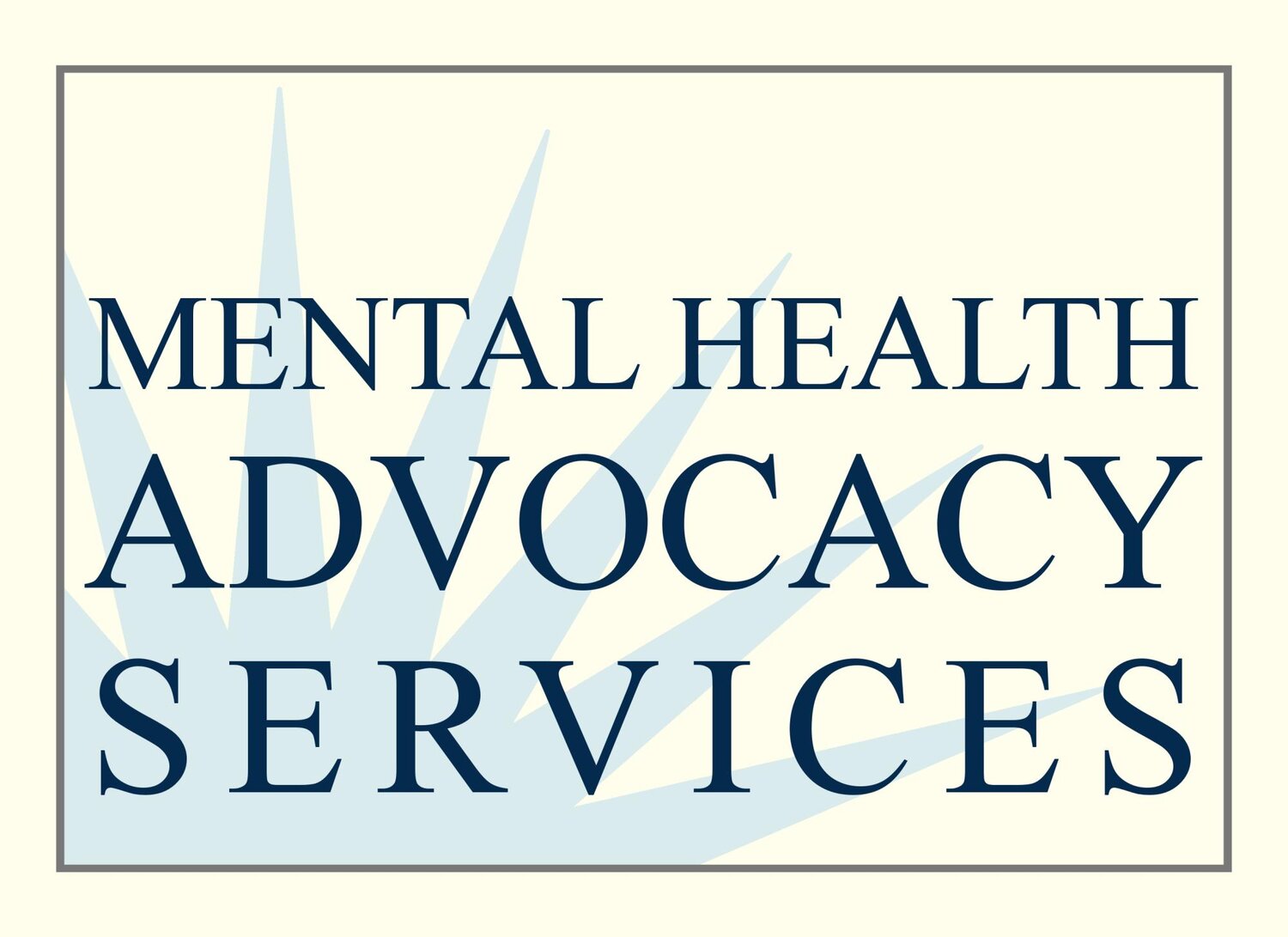The Definition of Homelessness
by Eliza SchaflerEliza Schafler is an MHAS Equal Justice Works Fellow sponsored by Greenberg Traurig, LLP.
In New York with my family this recent Thanksgiving, I was overwhelmed with the sense of being home. Yet “home” is a hard thing to define. For me, it is a place of stability and refuge, where family members can put down their bags and break bread together. I’m sure that many people experienced their version of home at its most instinctive and essential this past week.Clearly, home is much more than a literal roof and four walls. Yet many people see “homelessness” only in the most literal sense – as living outdoors. While it is an obvious and horrifying reality in Los Angeles that human beings do live on the street, many people experience the wrenching loss of home in more invisible ways.The Homeless Emergency Assistance and Rapid Transition to Housing (HEARTH) Act of 2009 defines homelessness not just as living on the street, but as “lack[ing] a fixed, regular, and adequate nighttime residence.” This describes a young teenage client of mine who, though disabled, must move between the homes of relatives and friends from night to night.The Act also defines homelessness as living in a “shelter designated to provide temporary living arrangements…including hotels and motels paid for by Federal, State, or local government programs.” This describes the situation of another of my clients, who lives in a motel with her elementary-age children. Though thankful to have a voucher, they are unsure of where they will go next week.The Act also defines a homeless person as one who will “imminently lose their housing, including housing they own, rent, or live in.” When a client showed up on the eve of Thanksgiving at our Behavioral Health-Legal Partnership, visibly shaken, with an eviction notice in her hand, she and her family were staring this kind of homelessness in the face.I do not mean to paint with one brush all people with diverse experiences of hardship. But I do want to offer a reminder that, in the wake of a holiday that celebrates home, there are individuals and families hidden in our communities who must struggle onward without one.
